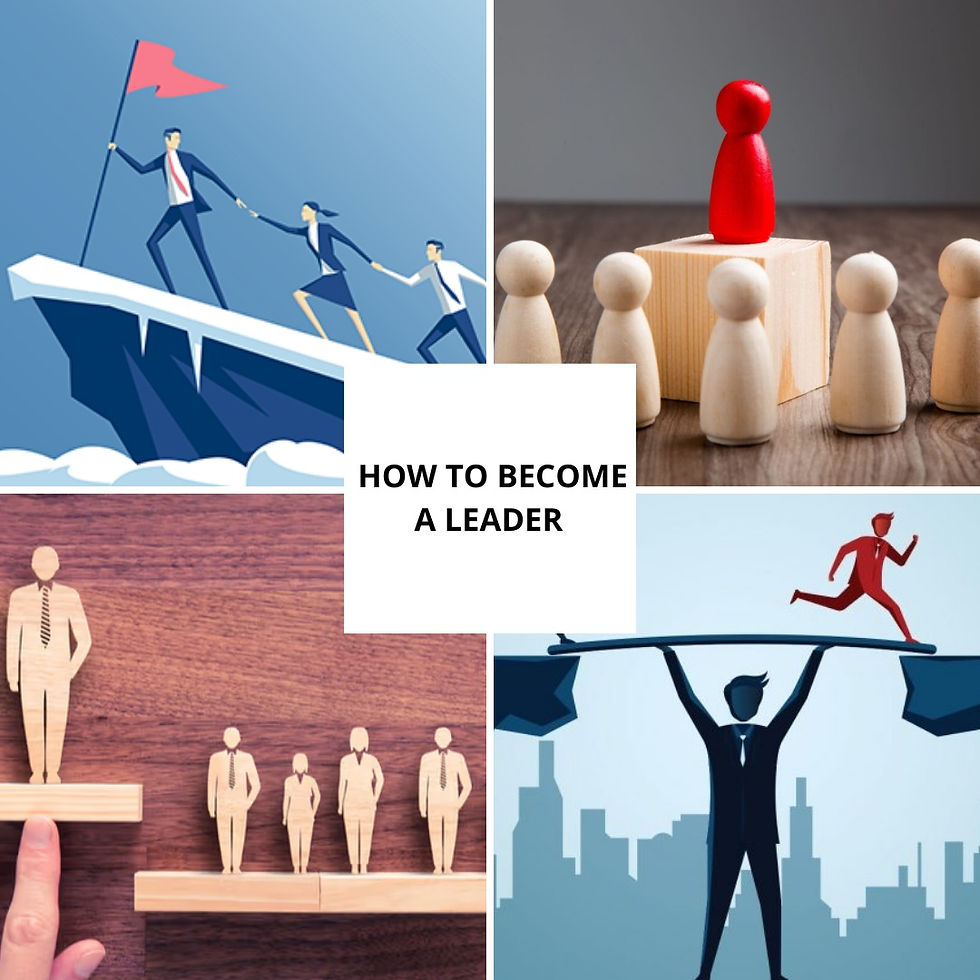7 basic Soft Skills that every Professional should know
- Riddhi

- Nov 13, 2024
- 3 min read
Updated: Nov 16, 2024
Remember that time you gave your first presentation, or when you took the lead of your school group project? Deliberately or inadvertently, you were using certain soft skills to accomplish these tasks. Soft skills are psychosocial skills or personal attributes that are non-technical in nature. These include everything from social grace and intercultural fluency to language and communication skills. While they can be used in your personal life as well, they act as indispensable cornerstones of one’s professional life. One research by Harvard University has surmised that 85% of professional success comes from soft skills while the contribution of technical skills is only up to 15%. So here are 7 basic soft skills that every professional should know.
1. Communication skills: In 2023, when asked about the soft skills that their company required, 58% of respondents first listed communication skills. Effective communication not only allows you to express your ideas and opinions precisely, but it also lays the foundation of successful and productive personal and professional relationships. This communication might be written, verbal or in the form of non-verbal cues.
2. Time management: Time being, perhaps, the most valuable resource, it is important that we use it prudently. Effective time management can be achieved by prioritizing one’s tasks, setting goals and deadlines, organizing your schedule and allotting sufficient time for every task. It is known to foster higher efficiency, productivity and discipline and is especially important keeping in mind the need for appropriate work-life balance in the lives of professionals.
3. Teamwork: Teamwork requires individuals to come and work together as a single entity with one shared goal and equal commitment towards it. It helps cultivate a sense of trust among the members and fosters collective brainstorming and innovation through collaboration that leads to organizational success.
4. Creativity: Creativity births innovation and innovation drives the world. With their imaginative mindset and out of the box approach, creative employees`` set their organization apart in this competitive market.
5. Leadership: A leader is the link that binds his team together, the torch that bears light upon their shared goals, and the hand that leads the others forward. Since the fundamental unit of an organization is a team and not an individual, leadership qualities are one of the most important attributes that employers are looking for in their employees. A survey by Digits in the UK found that leadership is considered the most important soft skill for a manager according to 47% of adults. Leaders are set apart by their discipline, commitment, sense of accountability, and their ability to influence and inspire others. The greatest leaders are those who lead by example.
6. Critical thinking: Critical thinkers are those who, with the tools of reason and rationality, strive to reach practical and prudent solutions. They are more discerning and shrewd than others and question, analyze without bias, interpret and evaluate a problem or a situation before deciding. While they might be scorned as skeptics by others, they are highly valued in the modern workspace as efficient decision makers and problem solvers.
7. Emotional Intelligence: In a world where artificial intelligence is posing a threat to people’s livelihood, emotional intelligence is what sets us apart as evolved and complex beings. It is the ability to recognize and deal with emotions, one’s own and those of others. With the work environment becoming increasingly more social and collaborative, people who can navigate complex interpersonal dynamics are highly valued for their sensitivity and empathy. One study conducted by Yale University found that employees with emotionally intelligent managers are happier, more creative and innovative than others. This study was published under a paper titled ‘Superior Emotionally Intelligent Behavior and Employee Creativity’.




